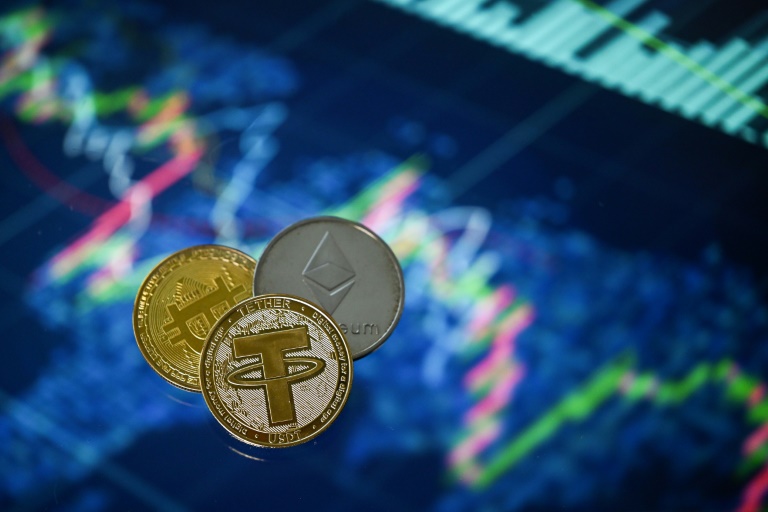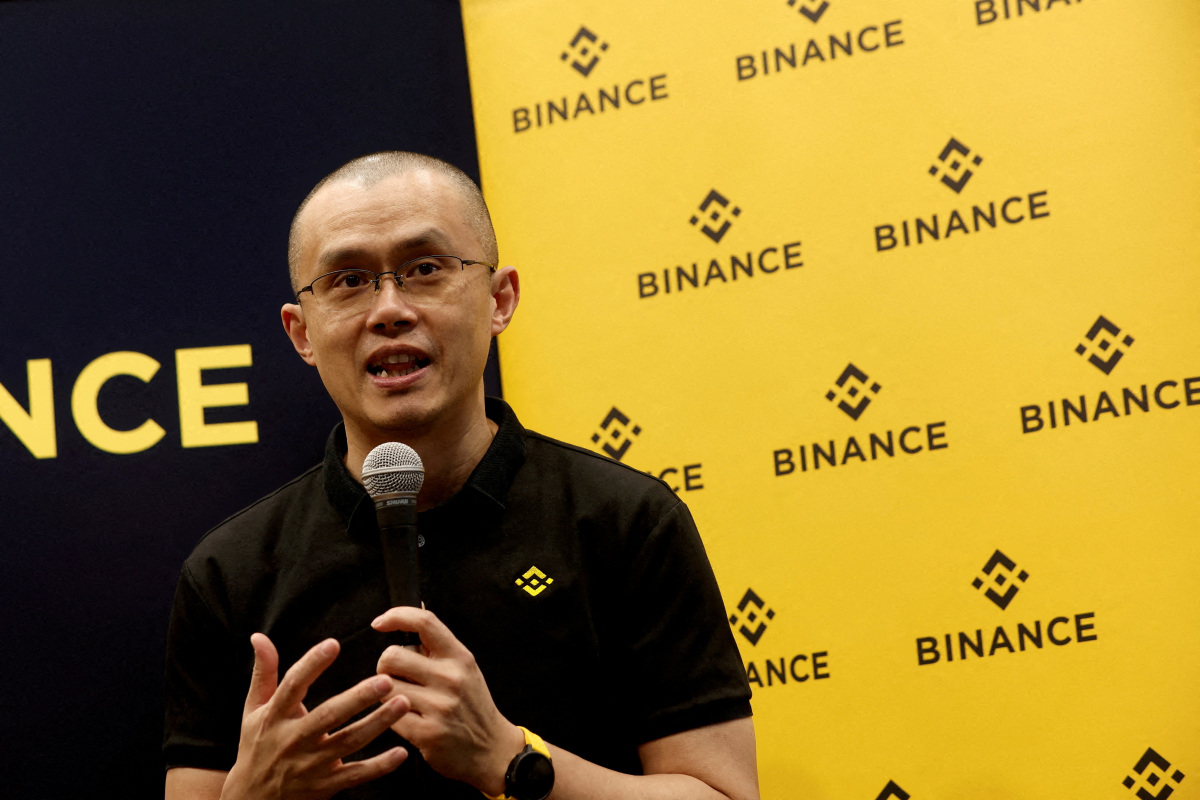KEY POINTS
- The Philippines Bureau of the Treasury will launch the offer next Monday to raise money from the domestic bond market
- The TTBs will be sold at minimum denominations of around $179,735, with increments of around $17,973
- The traditional bills auction, scheduled for Monday, is cancelled to make way for the sale of tokenized bonds to buyers
In the latest move by a government to adopt blockchain technology, the Philippines announced that it will sell the country’s first-ever tokenized treasury bonds (TTBs) to raise at least 10 billion pesos ($179 million).
The Philippines Bureau of the Treasury will launch the offer next Monday to raise money from the domestic bond market. The traditional bills auction that was scheduled for Monday has been canceled to make way for the sale of tokenized bonds to buyers.
Tokenization is the process of representing assets or securities as digital tokens.
“The TTBs are one-year fixed-rate government securities that pay semi-annual coupons, which will be offered to Qualified Institutional Buyers (QIBs) on 20 November 2023, with the issue date scheduled on 22 November,” an official statement read.
The TTBs, issued in the form of digital tokens, will be sold at minimum denominations of 10 million pesos (around $179,735) with increments of 1 million pesos (around $17,973). They will be valid for a year and are due in November 2024.
The debt securities will be maintained in the bureau’s distributed ledger technology (DLT), which is a decentralized record-keeping technology that can bolster liquidity and transparency in debt markets.
“As part of the National Government’s Government Securities Digitalization Roadmap, the maiden issuance of TTBs aims to provide the proof of concept for the wider use of DLT in the government bond market,” the statement added. “This proof of concept will serve as the starting point of the NG’s broader agenda of democratizing investment through digital technology, significantly reducing settlement risk and friction costs, ultimately leading to a financially inclusive local bond market.”
When asked if the Philippines would regularly issue tokenized bonds following Monday’s sale, Deputy Treasurer Erwin Sta. Ana told Bloomberg, “We will continue to study the technology and test how far we can take it.”
Governments across the world have been eyeing the tokenized bond market, along with other innovative uses of digital money, amid the growing adoption of blockchain technology in the financial industry.
Hong Kong issued 800 million Hong Kong dollars (roughly $100 million) in tokenized green bonds under its Green Bond Program in February by using Goldman Sachs’ tokenization protocol GS DAP.
In the Middle East, the United Arab Emirates has teamed up with HSBC for the tokenization of bonds, while the Monetary Authority of Singapore (MAS), the country’s central bank, promotes three forms of digital money — wholesale central bank digital currencies (CBDCs), tokenized bank liabilities and regulated stablecoins.







